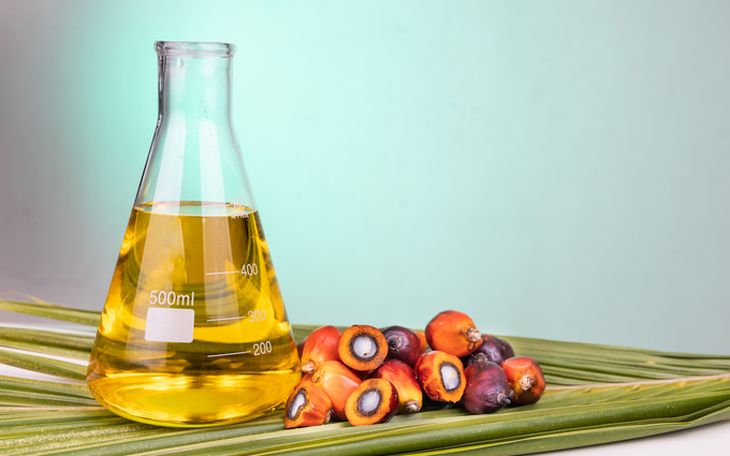Palm oil extends losses as rival Dalian, Chicago contracts weaken

Malaysian palm oil futures fell for a second consecutive session on Monday, mirroring weakness in rival Dalian and Chicago contracts, although higher export estimates capped losses.
The benchmark palm oil contract FCPOc3 for September delivery on the Bursa Malaysia Derivatives Exchange closed 19 ringgit, or 0.49% lower at 3,896 ringgit ($834.26) a metric ton.
The contract fell 3.1% last week.
Weakness in rival oilseeds pressured Malaysian palm oil futures to open lower at 3,878 ringgit. However, a sharp recovery in Dalian’s palm olein price lifted FCPO prices back above the 3,900 ringgit mark to 3,917 ringgit at the midday break, a Kuala Lumpur-based trader said.
Better exports pulled Malaysian palm oil futures higher but weakness in rival oils capped the gains, said Mitesh Saiya, trading manager at Mumbai-based trading firm Kantilal Laxmichand & Co.
Dalian’s most-active soyoil contract DBYcv1 fell 0.78%, while its palm oil contract DCPcv1 lost 0.46%. Soyoil prices on the Chicago Board of Trade BOcv1 were down 2.04%.
Palm oil is affected by price movements in related oils as they compete for a share in the global vegetable oils market.
Exports of Malaysian palm oil products for July 1 to 15 rose between 65.9% to 75.6% from the same period a month earlier, according to cargo surveyors Intertek Testing Services and AmSpec Agri.
Malaysia’s benchmark crude palm oil futures are expected to average between 3,850 ringgit and 4,000 ringgit per metric ton this year, a slight increase from the 3,800 ringgit per ton average in 2023, the Malaysian Palm Oil Association said on Monday.
Oil held its ground on Monday as downward pressure from a stronger U.S. dollar and concern about demand in top importer China offset support from strong demand elsewhere and OPEC+ supply restraint. O/R
Brent crude futures LCOc1 were up 8 cents, or 0.1%, at $85.11 a barrel by 1000 GMT.
Stronger crude oil futures make palm a more attractive option for biodiesel feedstock.
The ringgit MYR=, palm’s currency of trade, weakened 0.06%against the dollar, making the commodity slightly less expensive for buyers holding foreign currencies.
Read also
Wheat in Southern Brazil Impacted by Dry Weather and Frosts
Oilseed Industry. Leaders and Strategies in the Times of a Great Change
Black Sea & Danube Region: Oilseed and Vegoil Markets Within Ongoing Transfor...
Serbia. The drought will cause extremely high losses for farmers this year
2023/24 Safrinha Corn in Brazil 91% Harvested
Write to us
Our manager will contact you soon



